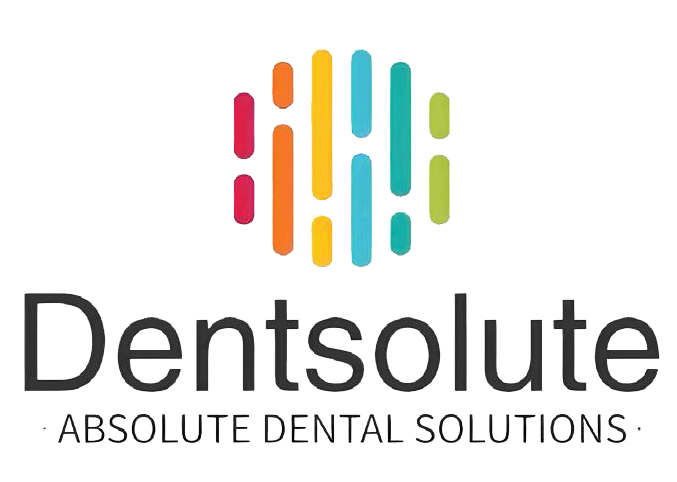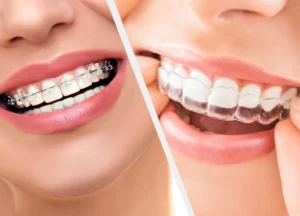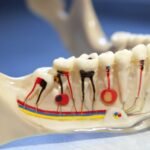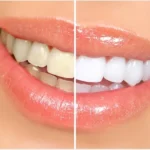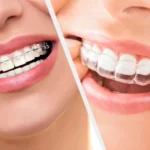Understanding Orthodontics
Orthodontics is a specialized field within dentistry focused on aligning your bite and straightening your teeth. If you have issues like crooked, overlapped, twisted, or gapped teeth, you might need to consult an orthodontist. Common treatments in orthodontics include traditional braces, clear aligners, and removable retainers.
What is Orthodontics?
Orthodontics deals with diagnosing and treating malocclusion, commonly known as “bad bites.” Treatments such as braces, clear aligners, and retainers are designed to improve how your teeth fit together. Proper alignment not only enhances your smile but also reduces the risk of oral health problems like cavities, gum disease, and excessive tooth wear.
Who Provides Orthodontic Treatment?
Orthodontic treatments are usually provided by orthodontists, who are dental professionals with an additional two to three years of specialized training after dental school. Their expertise is in correcting bites and aligning teeth, unlike general dentists who perform a wider range of dental procedures.
When Should Children See an Orthodontist?
The American Association of Orthodontists recommends that children have their first orthodontic visit by age 7. Early visits can help identify potential issues and reduce the need for more extensive treatments later in life.
Who Can Benefit from Orthodontics?
Orthodontic treatment is beneficial for almost everyone. While many people seek it to improve the appearance of their smile, orthodontics also enhances chewing function and overall oral health. Issues such as overbite, underbite, crowded or crooked teeth, and impacted teeth can all be effectively treated with orthodontics.
Who Should Avoid Orthodontic Treatment?
Individuals with serious dental issues like extensive decay or gum disease should address these conditions before undergoing orthodontic treatment. Placing braces on diseased teeth can worsen oral health problems. Once these issues are managed, your dentist can advise whether orthodontics is suitable for you.
Common Orthodontic Treatments
Orthodontics encompasses various treatments, including:
- Braces: These devices gradually move your teeth into place using brackets, bands, and wires. Options include traditional metal braces and clear ceramic braces.
- Clear Aligners: Brands like Invisalign® and ClearCorrect® offer a discreet alternative to braces. These clear trays are custom-made to shift your teeth over time.
- Retainers: After braces or aligners, retainers help maintain your teeth’s new position.
- Palate Expanders: Used primarily in children, these devices widen the upper jaw to create more space without the need for tooth extractions.
Advantages of Orthodontics
Orthodontic treatment offers several benefits beyond cosmetic improvements:
- Easier cleaning of properly aligned teeth.
- Enhanced chewing and speech functions.
- Relief from TMJ disorder pain.
- Reduced risk of cavities, gum disease, and other oral health issues.
- Achieving a beautiful, healthy smile.
Disadvantages of Orthodontics
The main disadvantage is the time and commitment required. Treatment can take from less than a year to several years, depending on individual needs. Additionally, poor oral hygiene during treatment can increase the risk of cavities.
Longevity of Orthodontic Results
Orthodontic results can last a lifetime if you follow your orthodontist’s instructions, particularly regarding wearing retainers. Neglecting to wear your retainer can lead to your teeth shifting back to their original positions.
When to Consult an Orthodontist
Consider seeing an orthodontist if you have concerns about the appearance, health, or function of your teeth. Many orthodontists accept patients without a referral, but your dentist can also recommend one. For children, an orthodontic consultation is generally advised around age 7.
